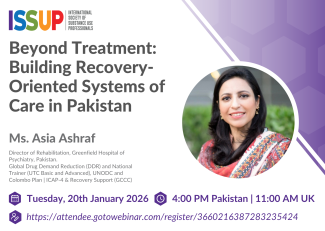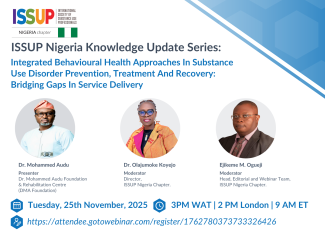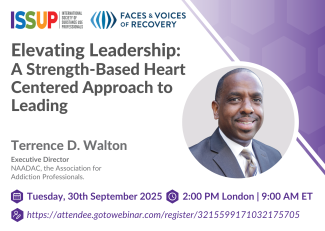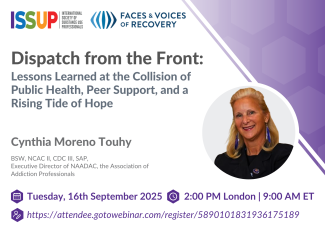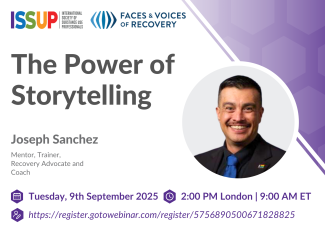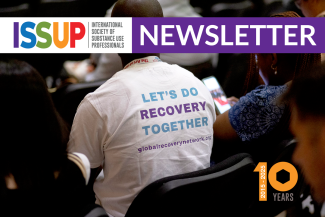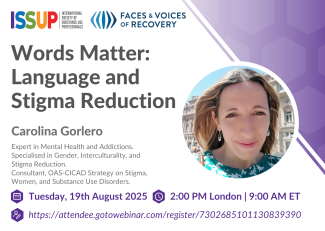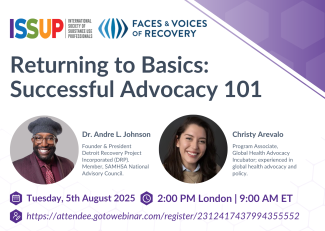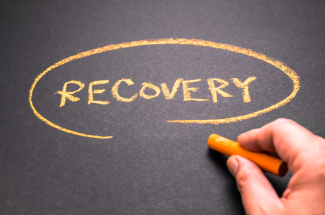Ecological Momentary Assessment and Ecological Momentary Interventions in Substance Use Disorders Recovery
INTRODUCTION: Ecological Momentary Assessment (EMA) can capture fluctuations in an individual’s recovery while minimizing recall bias by collecting real-time data in daily life. Ecological Momentary Interventions (EMIs) build on EMA to provide patients with timely, real-world support. This study aimed to familiarize practitioners with the m-Path app – a tool for delivering both EMA and EMIs – and to illustrate its acceptability through interviews with five patients who used it.
METHODS: In this study, five participants in recovery from substance use disorder tested the m-Path app for 31...
